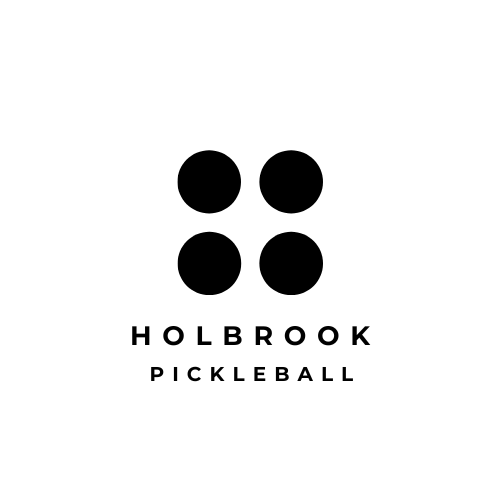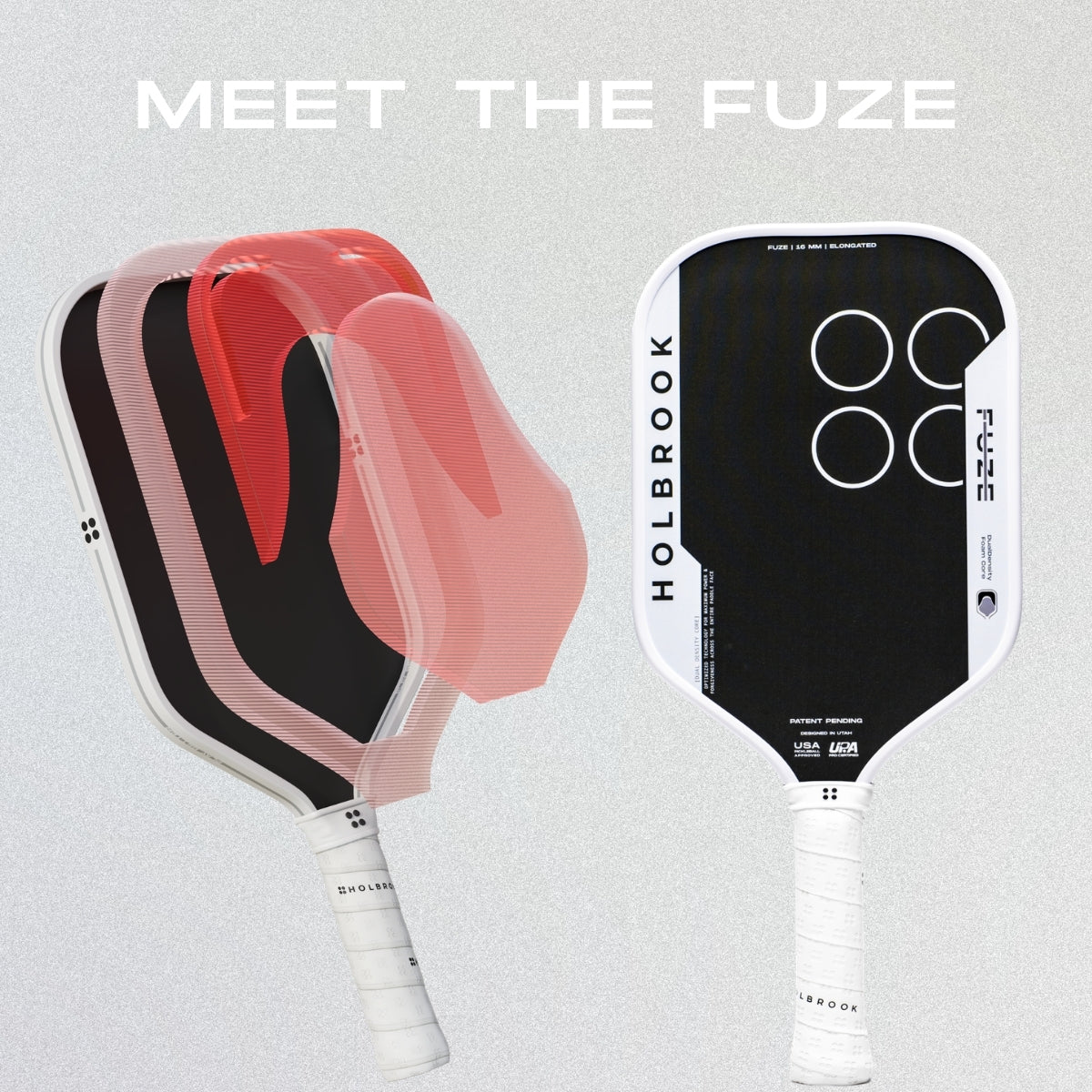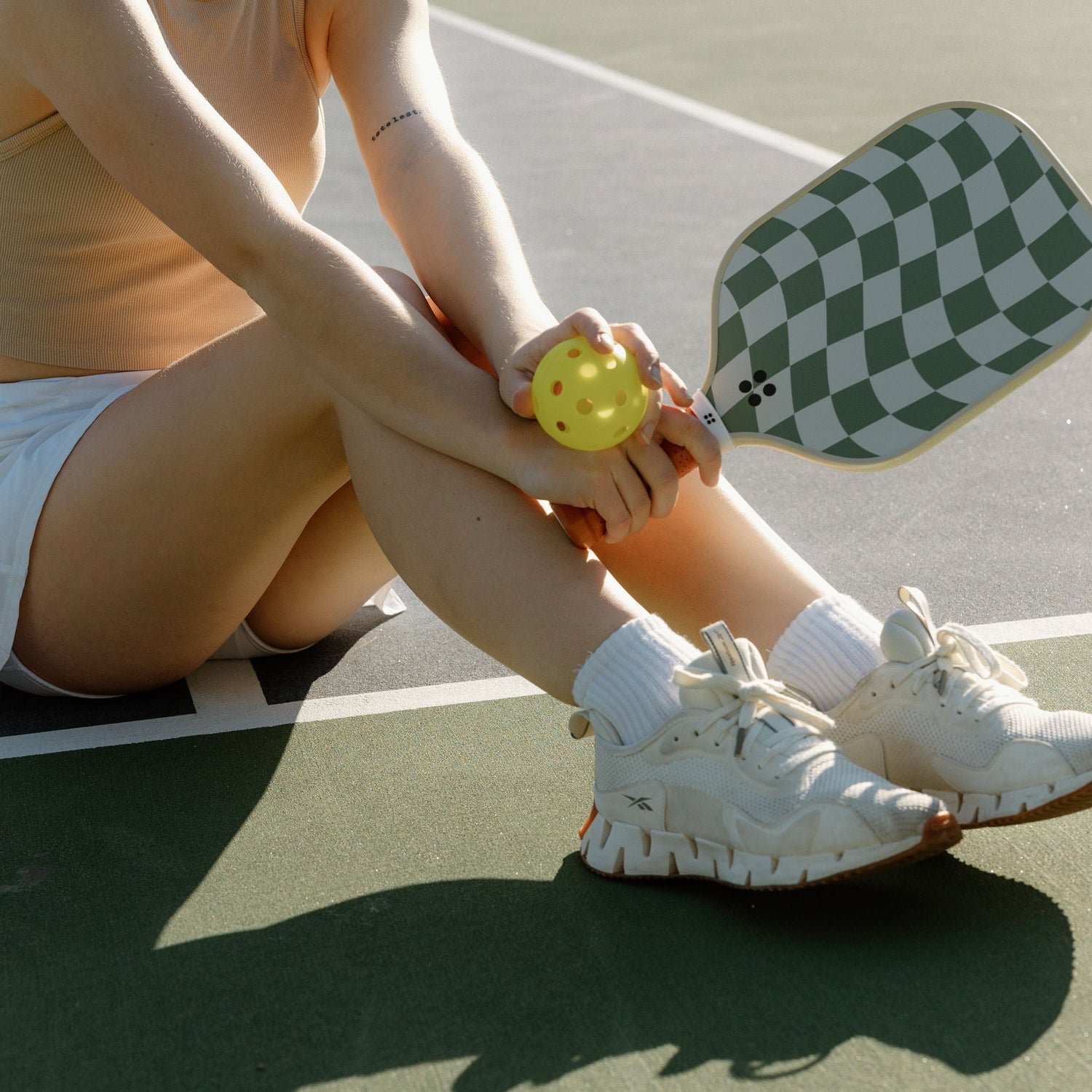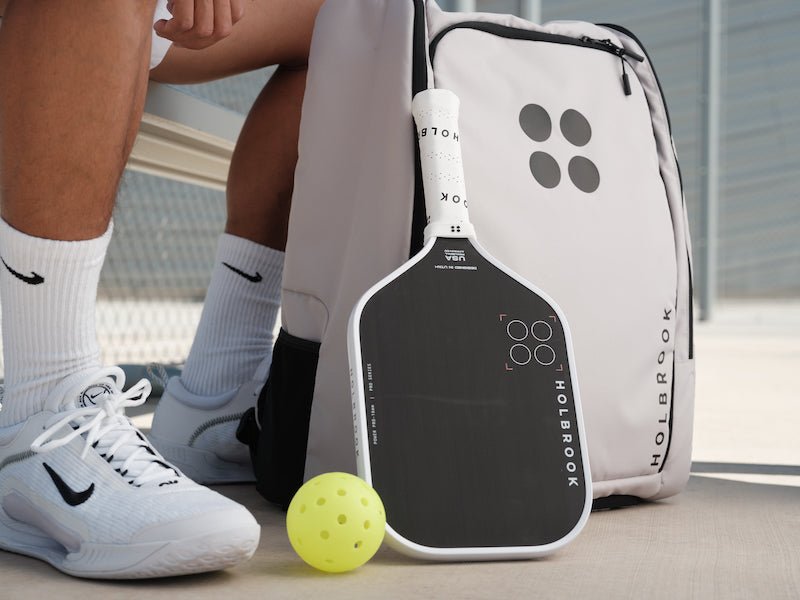Pickleball Lessons
Pickleball has been named the fastest-growing sport in the United States by the Sports and Fitness Industry Association for the past 3 years. Getting into the game is relatively easy, as it’s accessible to people of all ages and fitness level, and generally has low starting costs.
It can be challenging to know where to start when learning a new sport. Taking lessons can be a great way to get introduced to the technical components of the game as well as learn skills and strategies to help improve performance. When considering which lessons to take, it’s important to select the lesson that fits your level of skill development and addresses the goals you have. There are various factors to consider before making a decision about which lesson is best for you.
Assessing Your Current Skill Level and Goals
One of the first steps is assessing your current skill level and what goals you have for your pickleball journey. Are you brand new to the sport? Or maybe you have a little experience playing with friends, but not enough to feel confident in playing with new people.
There are pickleball lessons available for people of all levels: beginner, intermediate, and advanced. Beginner lessons will be more focused on teaching the rules of the game, learning proper technique, and building confidence. Intermediate and advanced lessons will incorporate more strategy into the gameplay and provide more nuanced tips to improve performance.
So how are you supposed to know which level you are? Pickleball ratings range from 1.0 to 5.5+, with 1.0 being beginner level and 5.5+ being expert/professional level. To determine your self-rating, check out a self-assessment guide. Carmichael Park has one available that helps you determine your skill level.
In general, skill ratings can be viewed as: Maybe put this in a table or graphic? Or pull graphic from either of these sources: 1 2
- 1.0-2.0: Beginner level, just learning the rules of pickleball
- 2.5: Limited experience, can maintain a short rally, have a basic understanding of the rules
- 3.0: Novice level, can keep up with medium pace, may lack consistency/control, understand the basic strategy and rules
- 3.5: Novice, developing some consistency and control, starting to apply strategy
- 4.0: Still some room for improvement, but has consistency and control, uses strategy
- 4.5: Developed nonverbal and verbal skills, limited number of errors, and use of strategy
- 5.0: Mastered many aspects of the game, rarely make errors
- 5.5: Mastered all shots and strategy on the court, consistently winning
When setting goals for your lessons, it’s important to be realistic. You likely won’t jump from a 1.5 to a 4.0 overnight, and your goals should reflect that. Start small, with goals just outside of your current ability level that will be easier to work up to. Unsure where to start? Meeting with a coach to determine areas for improvement might be a good first step.
Researching and Evaluating Instructors
While it might seem like a great idea to learn from your buddy at the park, we recommend finding qualified and experienced instructors. It can be easy to pick up “bad habits” early on in learning a new sport, and these errors are more common when learning through impersonal methods (like YouTube videos) or by learning from someone who isn’t qualified to teach.
It’s important to research instructors ahead of time so you know what to look for and who might be a good fit. Look into instructor credentials, certifications, and personal playing experience. Ideally, you’ll want to work with someone who has a lot of personal experience playing the game and a good number of wins under their belt. Look for someone who has competed in some tournaments and has obtained an official rating (as opposed to self-ratings only).
You should also look for instructors with a teaching style that aligns with your learning goals. Some coaches prefer to work with more advanced players to help them get to the next skill level, and may not be as well versed in working with beginners. Look for someone with experience coaching beginners, or perhaps look into clinics designed for beginner pickleball players.
Considering Lesson Formats and Structures
There are different formats and structures to choose from when selecting a pickleball lesson. There are group lessons, private lessons, clinics, camps, workshops. Below we review some of the benefits and downsides to each option to help you find the lesson structure that suits your needs and comfort level.
Private lessons
Pros: Most targeted and beneficial support, coach is focused on you, quickest method for improvement
Cons: most expensive option
Semi-private lessons (2-4 players)
Pros: cheaper than private lessons, more attention than larger group sessions
Cons: sharing coach’s attention with 1-2 others
Group lessons (7-9 players)
Pros: best value, cheaper than individual sessions, combination of focused attention / guidance and learning from others, builds connection to pickleball community
Cons: less individual attention, may be less effective if there is too much variation in student skill level
Clinics / Camps (large groups)
Pros: structured, curated coaching, pre-arranged agenda, fun experience
Cons: can be a lot of information to take in at once, less individual attention, can be costly
Gathering Recommendations and Reviews
With any service, it’s important to seek recommendations from others to determine the likely quality before investing. It’s important to do your research before committing to a coach or training program.
You can seek personal recommendations by chatting with other players between games at local pickleball courts or by viewing online forums for pickleball enthusiasts. This helps you find a recommendation, and also helps to connect you with the pickleball community.
There are also many local pickleball groups on Facebook. Search for a pickleball Facebook group in your area and ask for recommendations. You may have the chance to interact with coaches that are looking for new players to train, or maybe even find a group of players that want to do group lessons.
Assessing Lesson Content and Curriculum
Once you’ve found some coaches that you might be interested in working with, look into the content of their lessons. It’s essential to understand what you might get out of a training program or lesson before you begin. Check if the lessons cover essential skills, techniques, and strategies that are relevant to you at your current skill level.
Not sure how to check this? Review resources about different pickleball skill levels and see what is recommended for each level to be working on or practicing. Different lessons emphasize different aspects of the game (form, strategy, game play tips). Consider what you are hoping to get out of your lessons and look for coaches with content that matches.
Considering Cost and Value for Money
When considering cost and value for money, there are options for every budget. Free options are offered through local pickleball associations, where members can connect with one another to provide advice and feedback about the game and practice against others at their skill level.
Private and semi-private lessons are going to be the most costly at around $40-$100 per session, because the instructor’s attention is focused on a fewer number of people. Many players would argue that these lessons are worth the cost because they are going to be most effective for targeting individual growth points and giving specific feedback. If you know you are looking for ongoing lessons, speak with your instructor about potential discounts for scheduling multiple sessions.
Group lessons are the most cost-efficient option, ranging from $10-$30 per session, because every player is paying into the coach’s time. There is less individualized attention, but there can be excellent results when every participant is relatively aligned when it comes to skill level.
When deciding which method is right for you, consider how much you are willing to spend on pickleball lessons and try to find an option that gets you the best value for the cost. If you are looking for a lot of information over a short period of time, clinics or camps may be a good investment (average cost ranges from $100-$500).
Location and Accessibility
Before you lock in a consultation or a lesson with a coach, make sure you check the lesson location and accessibility. Signing up for a lesson 45 minutes away on a Thursday evening may sound like a good idea, until its Thursday afternoon and you’re exhausted from work and can’t bear to make the drive.
Choose an option that is in a convenient location that fits with your schedule. Work long hours? Maybe weekends would work better. Do you have day time availability? Maybe mid-day sessions would work with your schedule. When searching for lessons, make location and availability some of the first boxes you check so you don’t spend time getting invested in a potential coach just to be disappointed when location or timing doesn’t work out.
Trial Lessons and Assessments
Once all of that has been figured out, see if you can arrange for trial lessons or assessments before committing to a coach or program. Not every coach fits every player, so it’s important to make sure it’s a good fit before committing.
When you attend your trial lesson, be aware of the teaching style (what are they emphasizing?), instructor-student interactions (do you feel comfortable, intimidated?), and the overall experience (how did you feel during and after?). All of these questions will help you determine if a program seems like it will work for you.
Additionally, ask many questions during the lesson. It may be good to gather information about levels the instructor feels comfortable coaching, their prior experience, how they work with students to make progress, how they handle lack of progress, and other questions that may give you more information about what it might be like to work with this coach / program.
There is a lot to consider when selecting the best pickleball lessons. We encourage you to conduct thorough research before making a decision about any one coach or program. If you are able, try out different coaches to find the one that you believe will help you grow your pickleball skills the most. Remember, look for lessons that match your skill level, goals, and overall learning preferences.
See you on the court!





